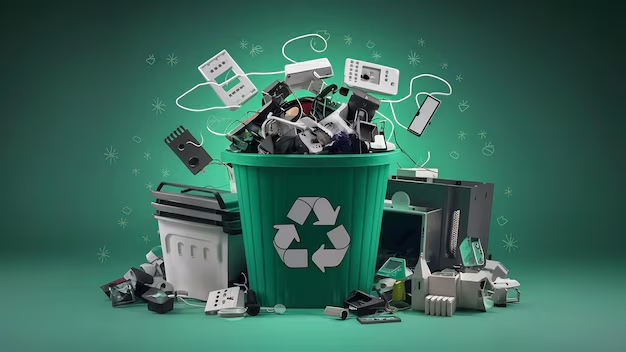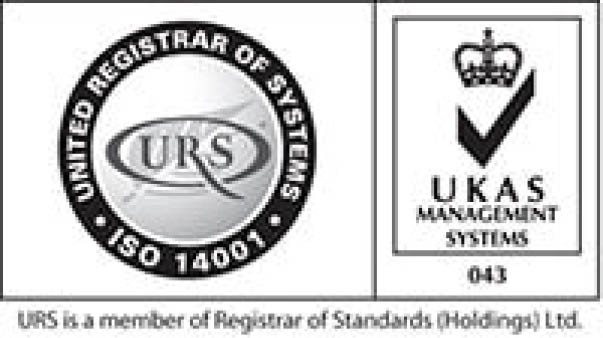According to official Government statistics, the recycling rate for household waste in England was 43.4% in 2022. This is the most recent year where official statistics are available, but it’s unlikely to have changed all that much.
To put that into context, Wales achieved 56.9% and Germany almost 70%. Plenty of scope for improvement in other words. Remember, everything that isn’t reused or recycled either ends up in landfill or is incinerated.
What better time than the start of a new year to plan a more sustainable approach to household waste management. Here are some simple tips anyone can follow.
Conducting a waste audit sounds a bit official and complicated. Really, it’s just a case of taking stock of the waste your household currently produces. Are you recycling everything you could? Could you change your shopping and buying habits so there’s less waste overall and less that can’t be recycled?
Like any behavioural change, it’s best to set realistic goals and build on them, rather than attempt a radical overnight transformation. Every improvement makes a difference.
Remember The Three Rs
Recycling is always better than not recycling – but it’s not the whole answer to sustainable waste management. Adopt a ‘three R’s approach: Reduce (by changing what and how we buy), Reuse (by finding alternative uses for ‘waste’ items), and then aim to Recycle everything else.
Composting
Uncooked food waste such as vegetable peelings can be mixed with grass cuttings, weeds, tea leaves and coffee grounds to make compost. This will enrich your soil and maybe help you grow your own veg to save on supermarket packaging.
Composting is easy to do and costs next to nothing. With some old wooden pallets and basic DIY skills you can make a highly effective composter. Many local councils also provide composting bins on request.
E-Waste
Did you know that the Royal Mint has its own factory for recovering precious metals from printed circuit boards? Opened in 2024, the facility can extract up to 450 kg of gold from every 4000 tonnes of e-waste.
Copper is another important element in electrical waste. It’s estimated that 30% of the copper needed to support decarbonisation of UK electricity distribution is tied up in unused household electrical items. Also, many electronic products contain substances that cause serious environmental harm if they end up in landfill.
So if Santa brought you some shiny new tech gadgets, be sure to dispose of the old devices responsibly. Your household waste recycling centre will accept old electrical goods and most supermarkets have somewhere you can deposit old batteries. Many unwanted phones, tablets and laptops can also be reconditioned and enjoy a new life.
Here at Wellington Waste, we also have established and reliable processes for separating and handling e-waste. Our team follows stringent guidelines to ensure all electronic waste is managed responsibly, prioritising recycling and reusing valuable materials whenever possible. You can have complete confidence that your e-waste will be handled ethically and sustainably, reducing environmental impact and contributing to a greener future.
Community-led Approaches
Communities have a vital role to play by encouraging good waste management practices and instigating communal composting and upcycling schemes. So find out what’s going on in your area or maybe start your own upcycling community.
Make 2025 the year of sustainable waste management.

